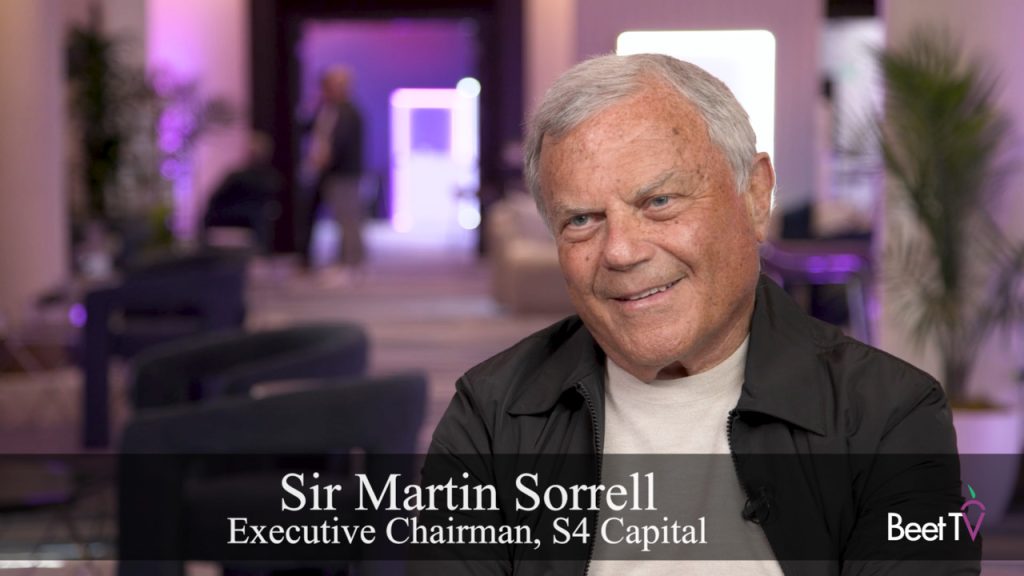It’s the hot new financing trend for ad-tech companies hoping to go public, but what exactly is a SPAC?
Special Purpose Acquisition Companies (SPACs) are becoming a popular way to do an IPO. It is “essentially a shell company set up by investors with the sole purpose of raising money through an IPO to eventually acquire another company”, reports CNBC.
It’s how Taboola finally went public this summer, and how AdTheorent went to market in a deal valuing it at $1 billion.
In this video interview with Beet.TV, Nick MacShane, senior managing director at M&A advisory Progress Partners, explains why the route is becoming so popular.
A bigger story
“That is presenting a number of other companies that might not feel they have all the juice to go public a second option to get into the public market,” says MacShane, whose Progress Partners advised on deals including Signal’s sale to TransUnion and RTK’s to Rubicon Project.
In a SPAC, a company merges with an existing entity in a capital plan to grow the return on floatation, aiming to fund future M&A.
What is a SPAC? Explaining one of Wall Street’s hottest trends (via @CNBCMakeIt) https://t.co/KVSlKFwnGQ
— CNBC (@CNBC) January 30, 2021
MacShane says of ad-tech’s public-markets aspirants aspirants: “They may have flattened out, in terms of their growth. They may not have quite the story, the future story that the public market is looking for.
“You’re starting to see some of those companies now poke around and look for add on companies to merge with them, to then bring to market a better story.
“We’re seeing a tremendous amount of activity there with companies really looking for partners.”
M&A is back
All of which is putting ad-tech M&A back on the map.
In recent weeks, Beet.TV alone has written about IAS buying Publica and Mediaocean buying Flashtalking.
The bounce-back was happening before SPAC’s became fashionable.
Even so, it seems the days of investors burned by failed ad-tech IPOs are behind us.
Agile money fuelling M&A
“In the last year or so we’ve had about 10 to 15 companies meaningfully move into the public market,” says Progress Partners’ MacShane.
“What that’s doing is creating a bunch of liquidity, which is giving opportunities for those companies once they go public to think about where they may want to go further to continue to maintain their strength as a public company,” he says. “That’s fueling some acquisitions.”
He credits private equity firms as being more agile and willing to put money into ad-tech than larger institutional buyers, who are “struggling restarting their engines” after COVID-19.
Twelve-year-old Progress Partners has also closed a venture round of its own, having previously invested in the likes of MediaMath and Simpli.fi.
You are watching “Innovation, Leadership, and Value Creation: Strategies Explored,” a Beet.TV leadership series presented by Progress Partners. For more videos, please visit this page.


































